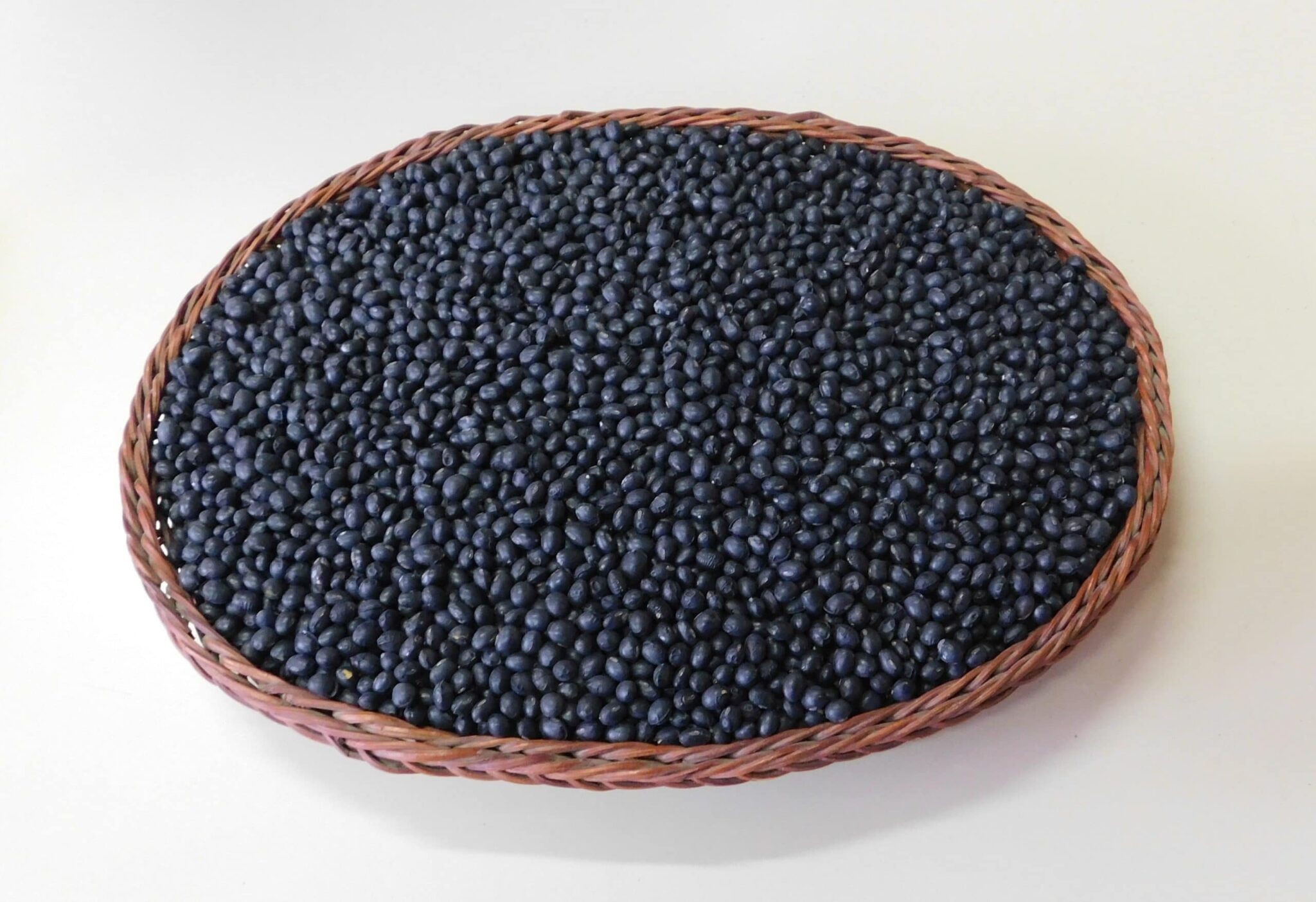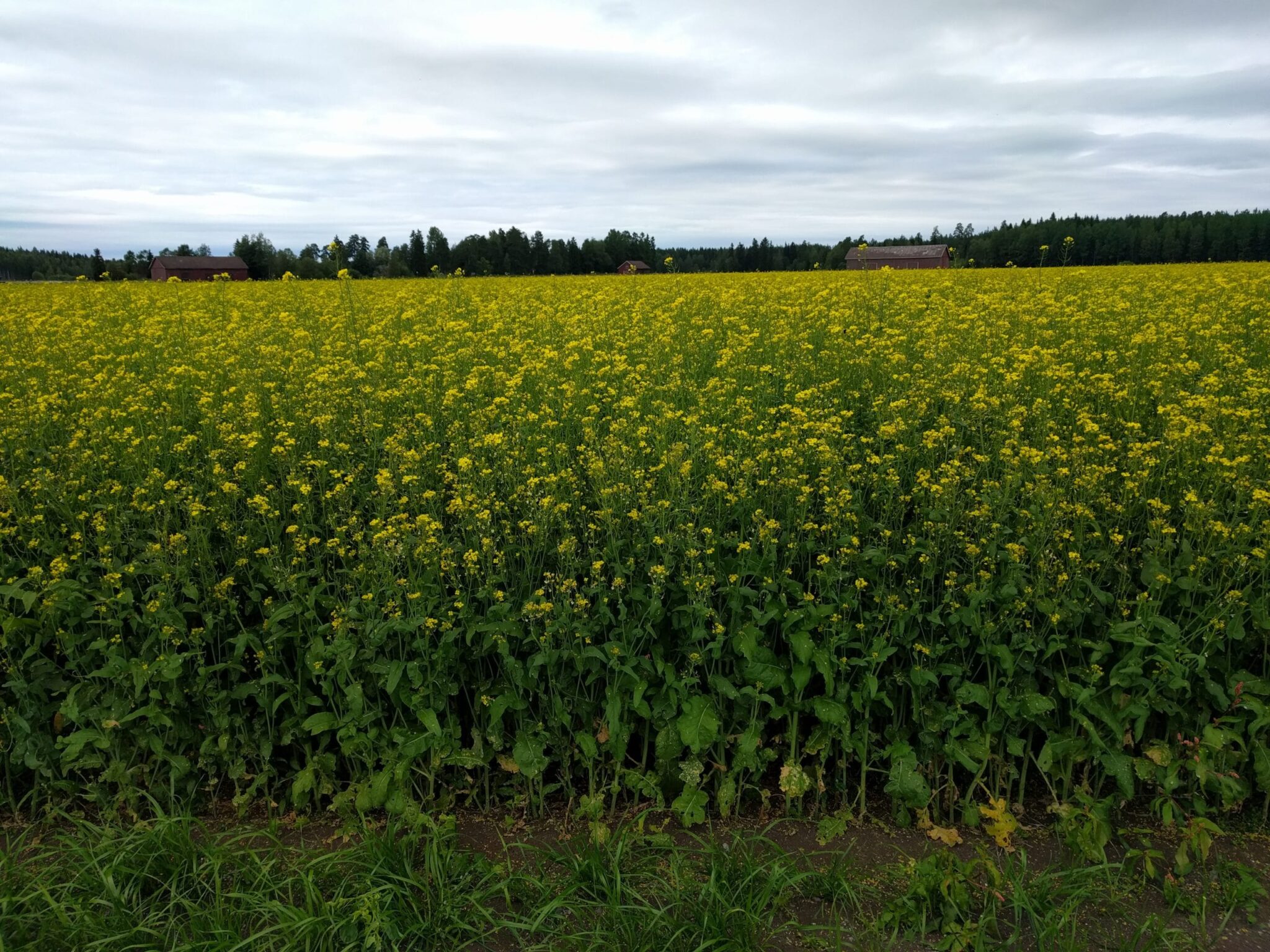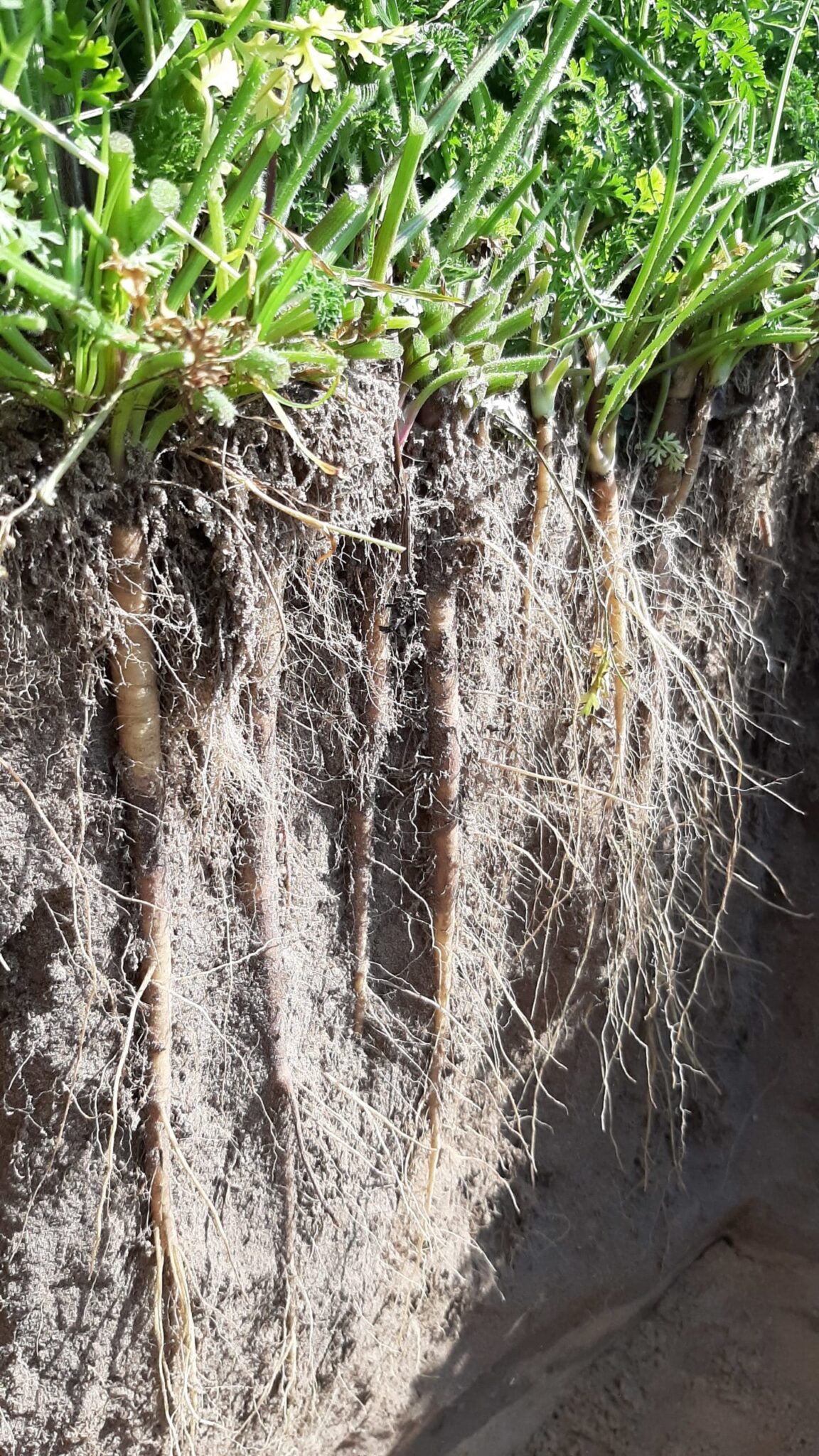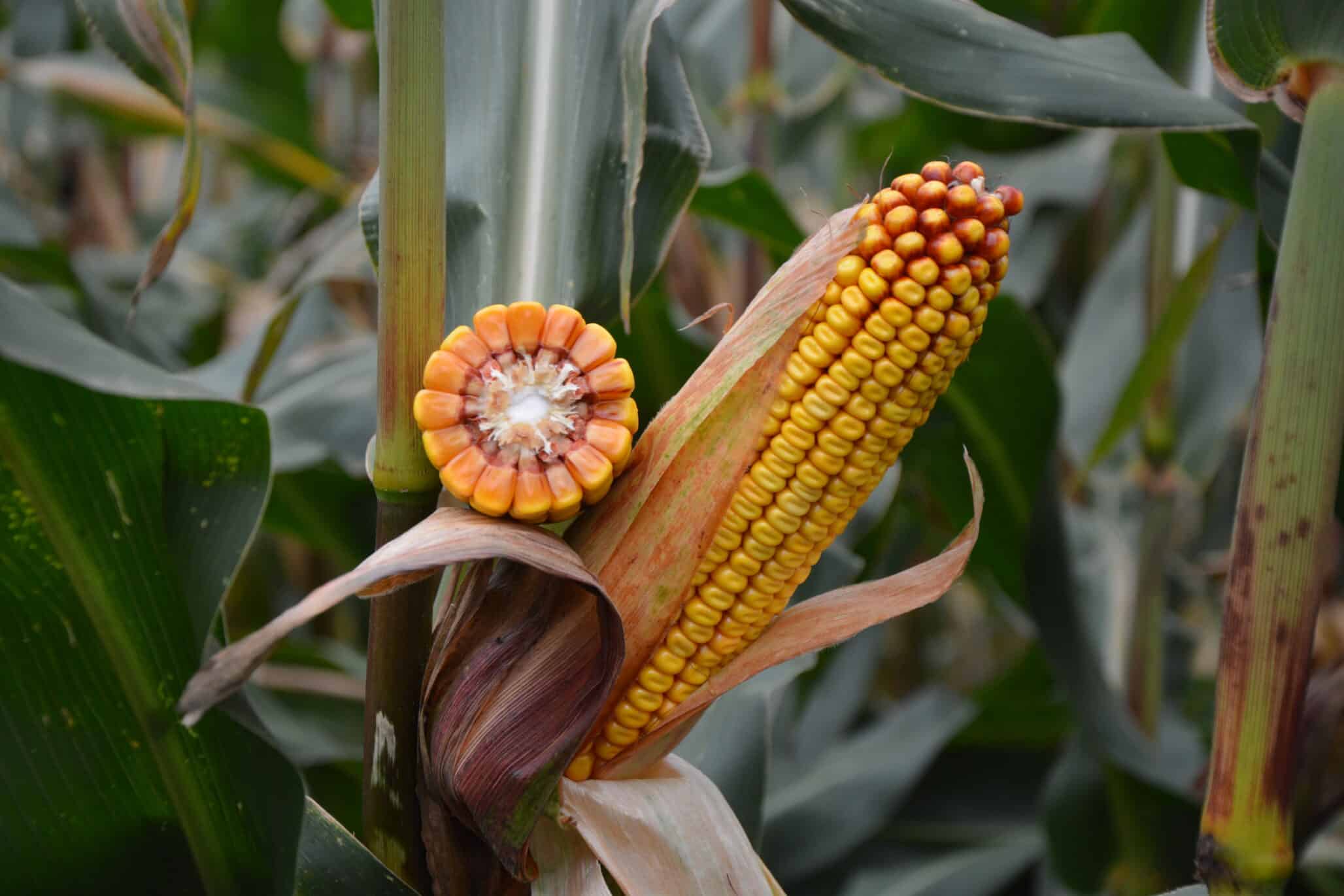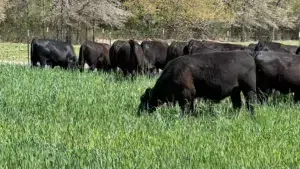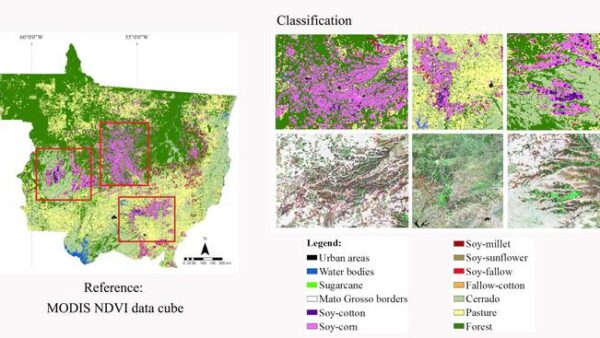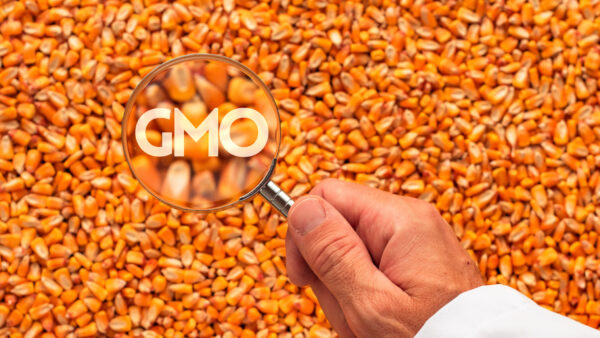At European Seed, we wanted to shine some light on all these new plant varieties and give you a taste of the innovations that are out there. But of course, we can’t show all 3,500 new varieties of 2020 here, so we asked the national seed associations in Europe, and many other peers in the European seed sector to send us their lists of which varieties in their eyes were the most innovative of last year.
Please note: Plant varieties appear in alphabetical order
NS Blackstar — Soybean
The Institute of Field and Vegetable Crops
‘NS Blackstar’ is a soybean variety with a black seedcoat, resulting from polyphenolic compounds or anthocyanins. In addition, the variety contains other polyphenols, e.g., derivatives of flavan-3-ol (twice as high compared to grapes or apples), isoflavone, quercetin, larycitrin, and isorhamnetin, indicating an extraordinary antioxidant capacity. In addition to their important role for the plants, polyphenols also have highly beneficial effects on human and animal health. Studies have confirmed antioxidant and anti-inflammatory effects of polyphenols (combating cardiovascular diseases and atherosclerosis) as well as an important role in the prevention of obesity and hyperglycaemia. Because of the higher content of polyphenols compared to other black soybean cultivars, and a nutritional quality identical to the other black and yellow soybean varieties, NS Blackstar belongs to the group of functional, value-added foods, with a great prospect in the food or pharmaceutical industry.
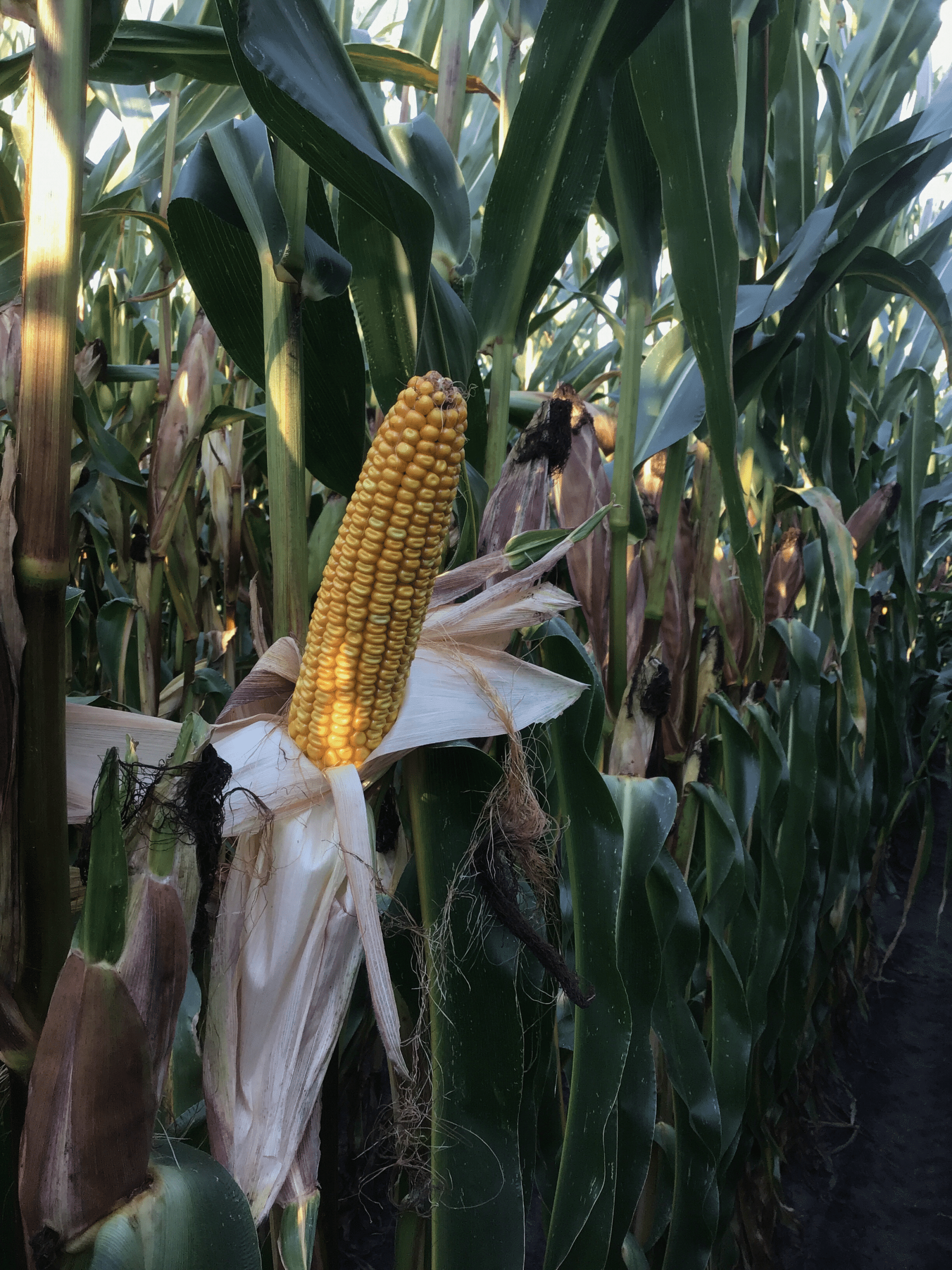
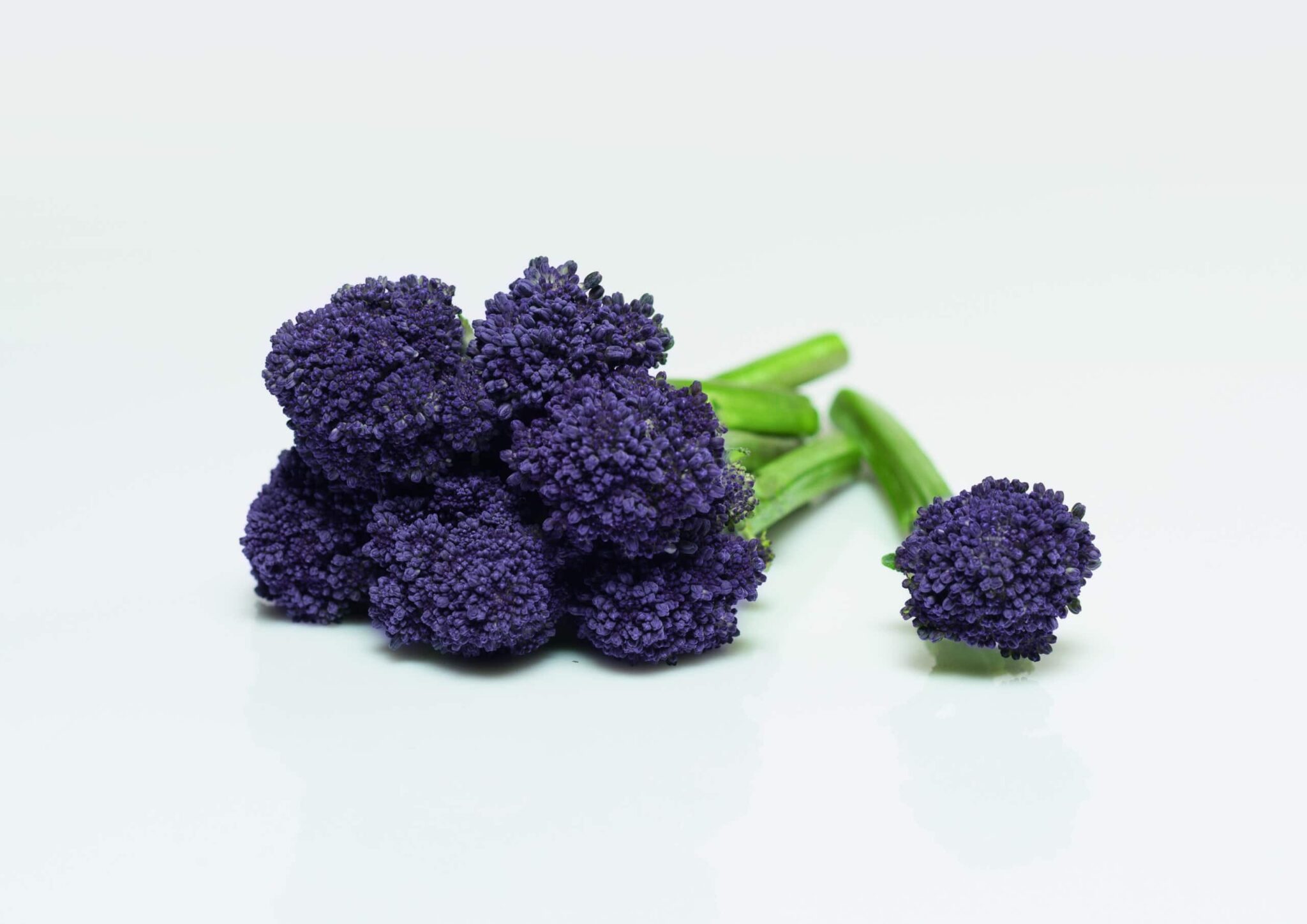
Bejo Zaden
Synthia — Spring Turnip Rape
Boreal Plant Breeding
Spring turnip rape (Brassica rapa) has lower harvest rates than spring oilseed rape (B. napus), but it is a very valuable oil crop in the north of Europe with its shorter growing time demand. The variety ‘Synthia’ is the first synthetic spring turnip rape variety and benefits greatly from the heterosis effect. It has a 10% better yield than any of the conventional turnip rape varieties. It can also be distinguished from those through its oilseed rape type stiff and strong stem, that brings a greatly improved crop security for farming in the north of Europe.
Terapur — Carrot
Vilmorin-Mikado
The variety ‘Terapur’ is an innovative and agroecological plant solution to combat the nematode Heterodera carotae. Selected from more than 3,700 wild plants, this variety is not a consumable carrot but a trap crop which acts like a biocontrol solution. White in colour, resembling a type of wild carrot, it has a very large root network, and spreading waxy foliage. Endowed with resistance to the nematode Heterodera carotae, the planting of this variety makes it possible to significantly reduce the population of this pest in the soil. For carrot growers, this innovative plant solution is the first effective response to control this cyst nematode since the European Union banned dichloropropene in 2009.
Read about Innovative Varieties 1 – 5 here
Read about Innovative Varieties 6 – 10 here
Read about Innovative Varieties 11 – 15 here


